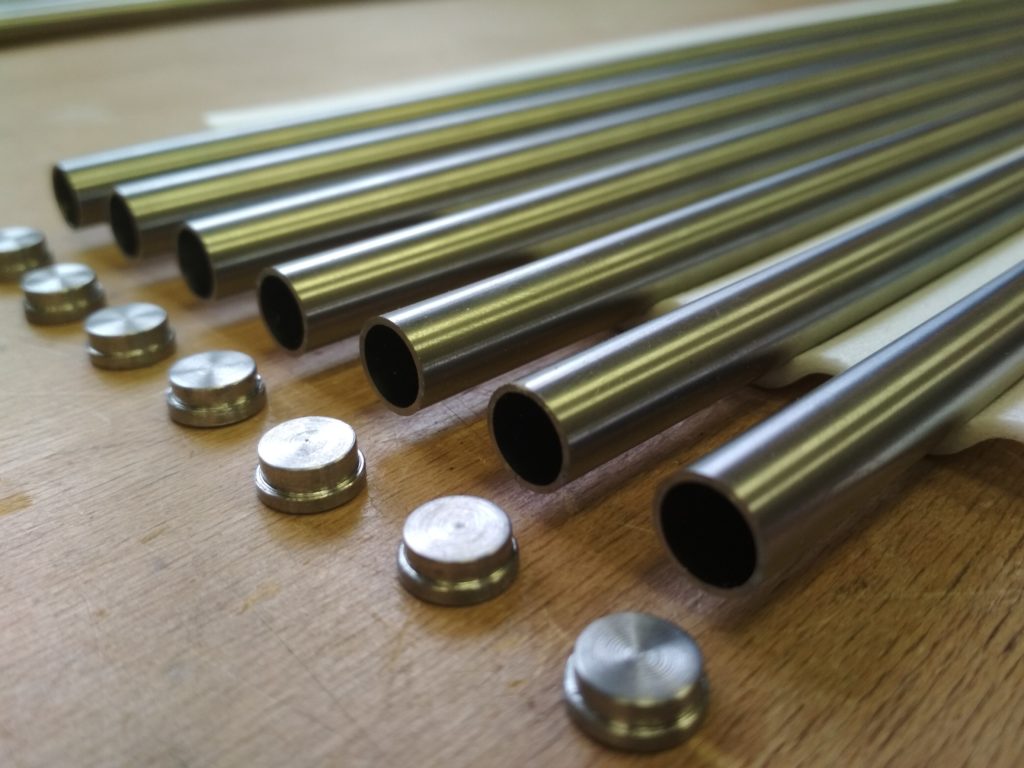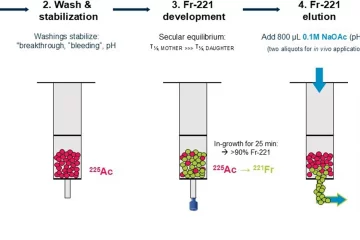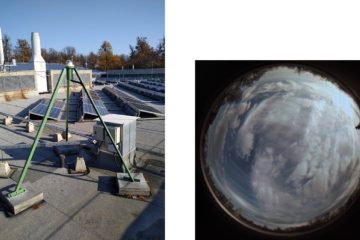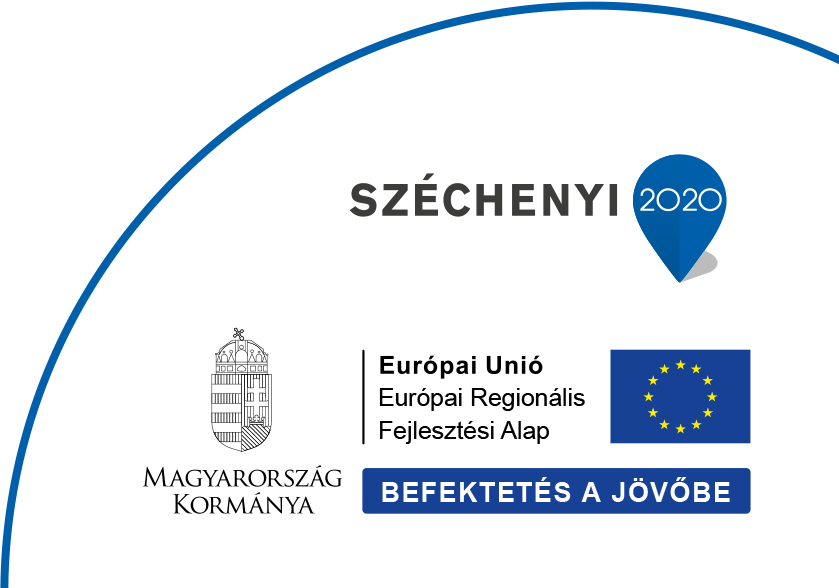At the end of 2020, the operation with new lead test fuel assemblies optimized for the water-uranium ratio will be started at the Paks Nuclear Power Plant. The new fuel elements have a thinner cladding than the current one and the traditional hollow uranium dioxide pellets used so far will be replaced by solid pellets.
In parallel with the delivery of the new lead test assemblies, a shipment of new cladding tubes arrived from the Russian fuel factory.
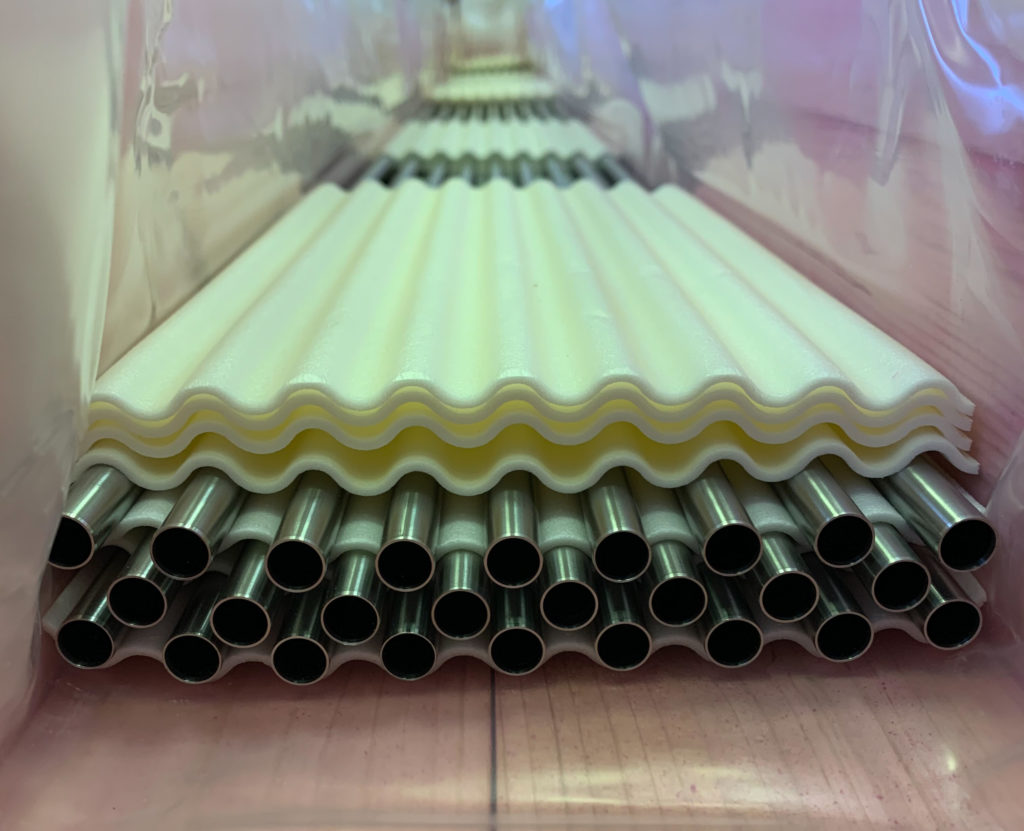
Various measurements will be carried out at the ELKH Centre for Energy Research with the tubes made of Zirconium alloy containing 1% Niobium. On the one hand, these measurements will allow independent verification of the data provided by the fuel factory, and on the other hand, the new experimental database will provide an opportunity to further develop and validate the numerical models used in nuclear power plant safety analyses.
The experimental program planned at the Fuel and Reactor Materials Department of the ELKH Centre for Energy Research will provide important information on the behaviour of new fuel under normal operational and accident conditions in the reactor and during interim storage in dry storage facilities.
The Centre for Energy Research experts will investigate the high temperature oxidation of the cladding, the uptake of hydrogen and the effect of thermal treatment in inert (non-chemically reactive) atmosphere. Based on the mechanical tests, the tensile strength of the cladding will be determined, and the mechanical interaction between the cladding and the pellet will be simulated. Long-term measurements will be conducted to monitor the deformation due to high pressure and the conditions for cladding burst will be examined. Special experiment will be performed with an electrically heated bundle to simulate fuel behaviour phenomena during a postulated loss-of-coolant accident at the power plant with representative parameters.
